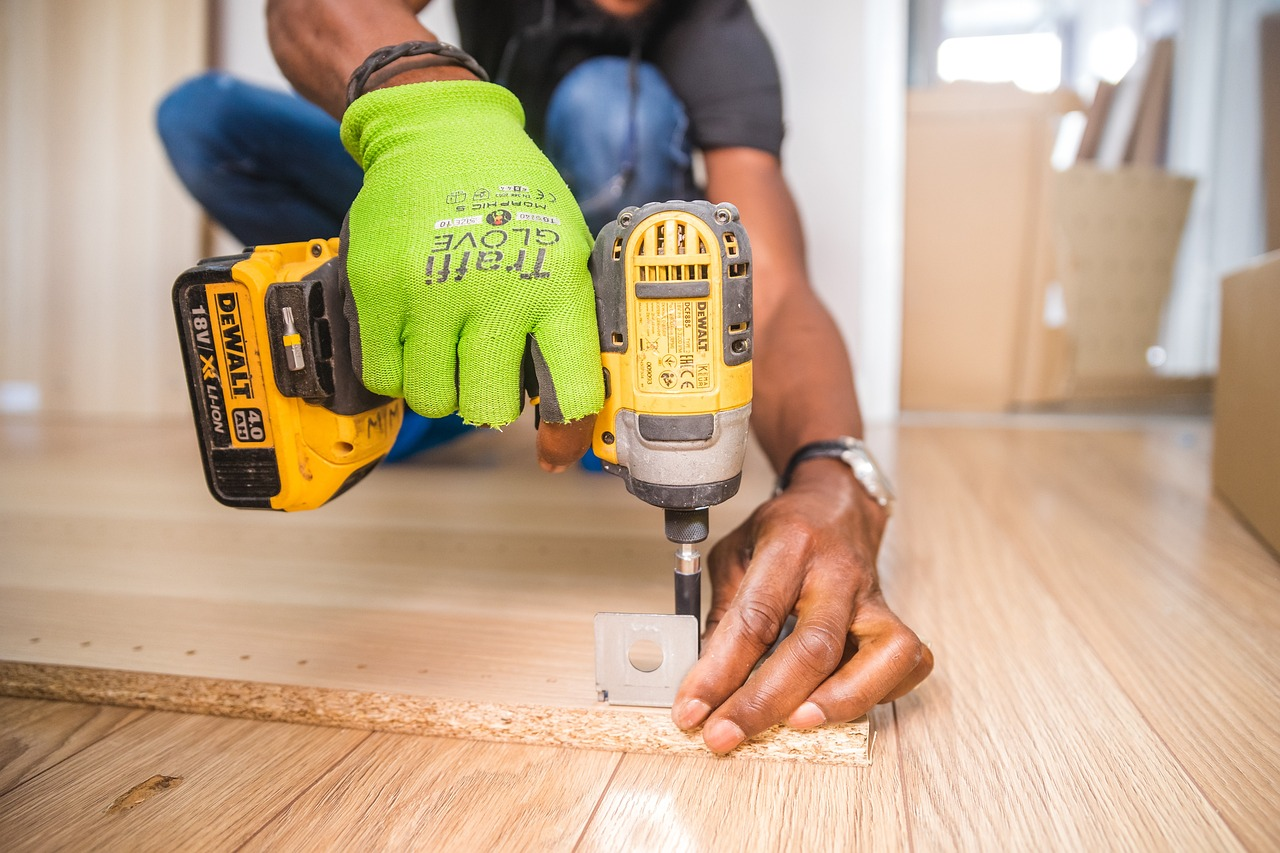Lending a drilling machine
In this scenario, Alice, a homeowner, wants to lend her drilling machine to Bob, a neighbor who needs to perform some home improvement tasks. To ensure transparency and trust, Alice will receive a digital receipt confirming that she has lend the drilling machine from Alice.
What should be achieved?
Transparency and trust between Alice and Bob about the lending of a drilling machine.
What should not happen?
- Alice and Bob do not want to make their real identities transparent to others.
- The fact that it is a lending process should not be exposed.
- The fact that a drilling machine should not be exposed.
How to do this?
For simplicity, both Alice and Bob know the ID of each other from the past. (Hint: You get your ID by clicking on the upper right Icon. It will give your ID and allow you scanning the ID of someone else to see it).
- Bob opens https://tydids.com/
- Creates a new validation
- Using the "+" adds a field named "Fact" with the value "I borrow the drilling machine with serial number 1234"
- Bob signs the validation and gets a PDF document that he will give to Alice.
- Alice opens the Verifier of Tydids and validates the signatures and gives the drilling machine to Bob.
Important: Do only trust if you trust
Basic rule: "Zero Trust"
The example has a single point where trust is needed: It relies on the past/history knowledge of the IDs (=consensus). But what if this does not exist? What if Bob just moved to the new house? A technical answer to this is "strong qualified signatures".




No Comments